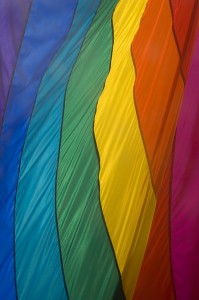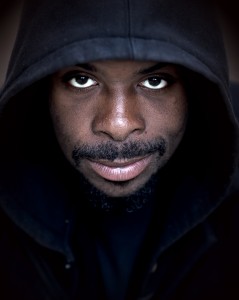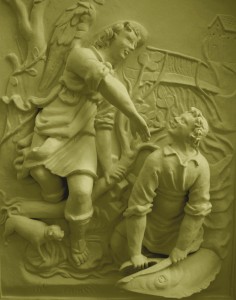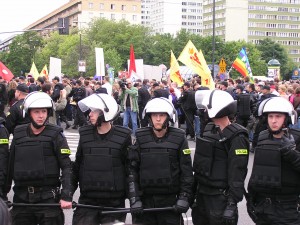Inspiration:
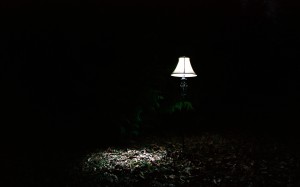
Justice
That Justice is a blind goddess
Is a thing to which we black are wise:
Her bandage hides two festering sores
That once perhaps were eyes.
–Langston Hughes
Living Faith in the Light of Racism
Everyday I wake up and find in love and gratitude the patchwork I need to feel whole, human, and worthy…once again. Some days I am more successful than others. Some days the cracks, the fissures of these particular spiritual and emotional wounds around racism, threaten to widen beyond what I am capable of repairing. Many times I fear I will run out of love to fill in those cracks. But fill them I must, even if only partially, because I know that if I should fail (as I have in the past), what takes up the space in the cracks is bitterness, anger, and sadness…even hatred. I do not want those fissures to widen and deepen; I fear that would cause my soul to rot from the inside out. So I find the love and pray that I never run out of putty.
by Lena Gardner TO READ MORE
—

